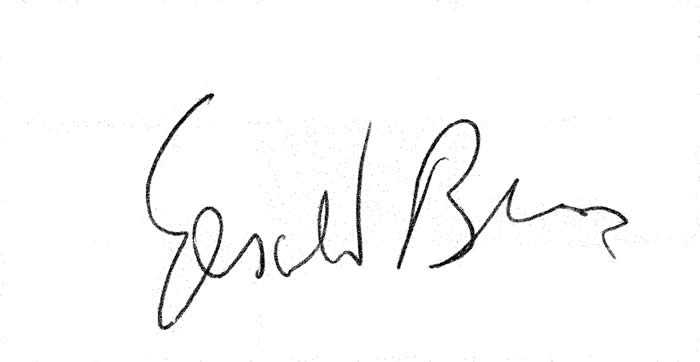
Having moved again I was disoriented -- couldn't imagine a route
to the coffee house I try every other week for the poetry. Doug Spangle
was reading an Eastern piece, the word Kush vivid in my ear.
Slim, thoughtful, a slightly bruised narrow face, and I've wondered if he
writes toward the sound his sentences make, a fall (nearly a pounce)
to an important word at the end or near it, relished with his
judgments, the speech, like the sentences, what used to be called pointed,
even overdirective, less to manipulate us than direct his own attention.
Stuck at Kush, and later listening from outside, people at tables and a line
at the counter, cakes visible behind slanted glass, it was as if I'd
not seen them at all before -- which is always true -- the touch
of amateurism in the readers, tense or puppy-friendly, the bad art on
the walls suddenly (a word they'd use) okay, their kindliness, good nature
or forbearance charming, suddenly charming, like a pub in a fishing village.
There could have been nets. What they did for each other made sense. Ann
said at once do I think it's because of the move. Probably. Hadn't thought
of it but probably. I'd seen the egotism, lack of scholarship, brute hope that something written
might be good (who's to say, most of them might have said), even good writing stained
by the ambience. Jill Hoffman's daughter was there, new Mudfish with my drawings in,
breath of New York, her skirt a floral print on a predominantly hurt-blue ground.
Spangle read and read, a woman with nice ones but every phrase a line, all this a
transposition of scribbled ballpoint page to air transposed a moment to Kush. Scott
Duddridge when his wife was dying and it was a hundred-odd and humid read
a book set in the desert, felt no humidity at all till sounds, screen door, 'd intrude,
oddity of reading going in and out as one listens or not to one who is a poet or not,
whim dictating either, all of us perched on an angle, not commandable, of attention.
Rep. Kingson thinks poems about SPAM written long after Collum got his NEA a waste
of our tax dollars (that ointment could be sold and given to the poor), Georgian congressman
out for a quick win, probably with a poem he wrote tucked in his wallet, as Trammell said
everyone in Texas had, the ressentiment of functionaries gutting what little help the government gave
with such good results for painting, dance -- mostly performance but as I said to Jane Alexander
at a Portland luncheon the solitary artists in rooms most need that encouragement. Gorton, Helms
should tithe, give money to Rossetti to paint murals on the Senate, though those walls are
quite properly bare, inviting at best as in state capitols mosaics in the floor, the best of them Nebraska.
I've always liked the brass bindings for these flush with the floor, Austin's lone star buffed with the tile
by feet and black men, echoing rotunda, their replicated souvenir brass door hinges welded open.
Poets are buffoons but so are congressmen, no way for us to match their hate. You don't
except Young Republicans see people in coffee houses practicing to be politicians. You be Alexander,
I'll be Helms. Bloom in his kitchen fries a kidney for his breakfast (a pork kidney? In Dublin we got
pork chops incorporating half a kidney, delightful cut. Mixed Grill included mealy sausage I always liked.)
Poets who don't write about food may not have starved enough. Now I'm reading Ollard's life
of Clarendon, last politician I admire, in youth his friends Ben Jonson, May, Carew. It's Sunday, no mail,
and yesterday I set at Kinko's "Mere Style," addressed to the editors of apex of the M for their
manifesto prefixed to issue #3 calling for thought shackled to "the dictates of whatever onslaughts
fall upon the ruling classes in the years to come." It sounds like one of the whinier songs of the sixties,
The Dictates Of Whatever, and I'm to side with these against the congressmen, their semblables and frères.
Rabble are not the people. Clemenceau thought they were, and chucked his Republicanism, became proverbially proud,
aloof as Milton's Satan, because Dreyfus was after all such a company man, not concerned with himself
as an instance. The coroner investigating the body of a local Wobbly concluded when he broke jail he
must've hung himself twice off a bridge, then riddled his own body with bullets after death. Officials
have their sense of humor, states. Blake imagined his body invaded by Milton who entered at the heel,
classical touch, our bodies the field, you see, on which these wars are carried out, our cafes.
Copyright Gerald Burns 1995-1997